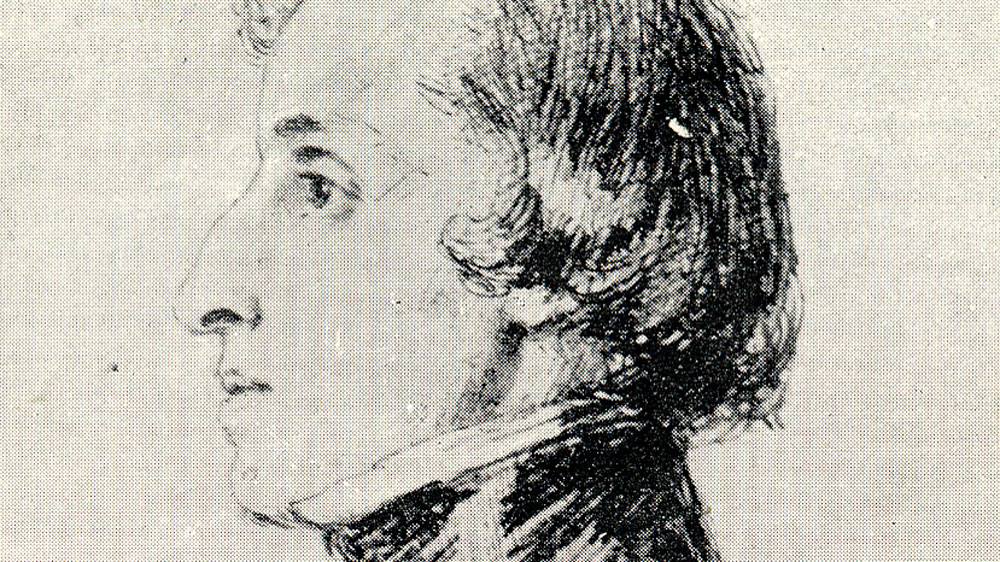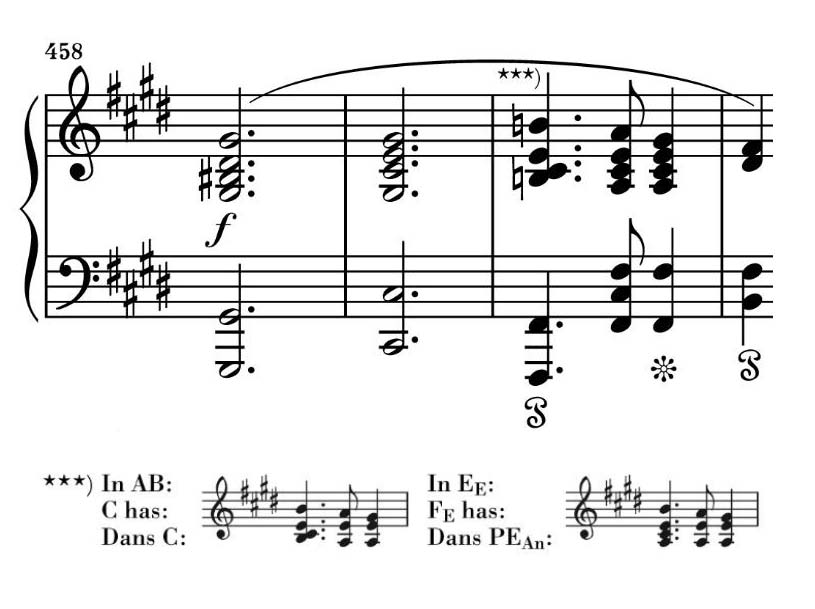
Wiggity said that these pieces should be viewed as a "narrative." I think that is a perfect comparison. Again, I don't have unlimited time to learn all the Chopin etudes before playing this piece. 1, but the technical difficulties in this piece are not so terrible.Īlso, I didn't mention that I'm preparing this piece for a competition (my first! ) in July. 1 as "preparation" for the three or four long arpeggios in this piece? Of course I want to learn Op. I was just saying that, for a piece such as this, I don't think they are necessary as technical prerequisites. They are among my favorite pieces in the repertoire. I would never begin to claim that Chopin Etudes are worthless (lol please don't compare me to BachScholar). Try counting 3 beats per measure in the opening of the first scherzo! 12 beats each gets pretty Please don't misinterpret my posts and then proceed with ad hominem attacks. I can't really imagine counting 3 beats per measure. I will post a recording of me playing this piece when I am completely satisfied with it, and eagerly look forward to your feedback. Almost every recording I've heard contains something interesting (that I like and can try to incorporate into my own playing) and something that I don't like (and that I can try to "improve"). For that, I believe the the second scherzo is very personally inspired piece, perhaps written by Chopin the man-of Chopin the man and for Chopin the man.Īnd who can deny that when it comes to the piano-Chopin da' Man! I think of both voices as male (student-teacher perhaps?) and definitely detect a particularly male vibe throughout this piece, which is interesting as Chopin of all composer's seemed to have no trouble reflecting the feminine in his work. I think that the duality in the dialogue can be observed throughout the entire piece granted, sometimes the voices are in agreement with one another and the explosive ending, while maybe resulting in increased understanding between the opposing characters, the debate/differences between the two don't actually see a resolution (a victory of one over the other). I think of the repeats of this section as of a conversation repeated between two intransigent opposing parties-one tip toeing around the other, both aware of what the other has to say. He himself said that the initial musical idea in the piece is a question/answer device. Chopin's transitions are so nice in this piece that I usually find some sort of story to go along with it in my own head. In addition to thinking about it in 3, I'd recommend thinking of the whole piece as a narrative rather than the rather blunt segments that it is. There's nothing wrong with rubato per se, but I feel that too many people just do it wrong in this piece!!! Let's see: catalina (what does that even mean?!?! I've seen it used here, and I know what section it's referring to, but I haven't found that term anywhere else lol), I'm fairly comfortable with in the left hand, long arpeggios I can do 2/3 times, just a bunch of slow practice, middle section is no problem, end of middle section I just learned, challenging, but not terrible, and coda is quite hard (that nasty Gb-Bb-D-Gb-DGb), but again, slow practice.Įtudes? I don't think they're necessary for this piece. I think I've got down most of the technical issues. Lots of time over Christmas break though to Richter's not too bad. I just finished reading/memorizing today, so it will be a while before I can post a rendition in reasonable shape. I might be the only person who feels this way, but I just don't like listening to this piece. *I want the piece to be exciting, but at the same time, true to the music, and not completely ridiculous. Thanks Should have read my post over before posting. I'd be very interested if people could just have a discussion of some sort about this piece. I want the piece to be exciting (which, at ~11 minutes, can often not be the case) yet at the same time exciting. Garrick Ohlsson is the only one who plays it "right" imo, but his interpretation is generally quite boring.


I do think that, structurally, it is quite weak, and so I'm trying to find a "right way" of playing, or at least at this stage, thinking about how I want the piece to sound. Almost everybody plays it with crazy "rubato," blatantly, imo, trashing much of the music. I have never heard a version of this piece that I like. Soon I will have to start working on the actual music. I'm almost done reading/memorizing, have overcome, or at least, become familiar with the technical challenges presented. So right now, I'm working on Chopin's second scherzo. This is my first post here, but I wouldn't consider myself "new" to the forum because I've been reading the threads here for such a long time.


 0 kommentar(er)
0 kommentar(er)
